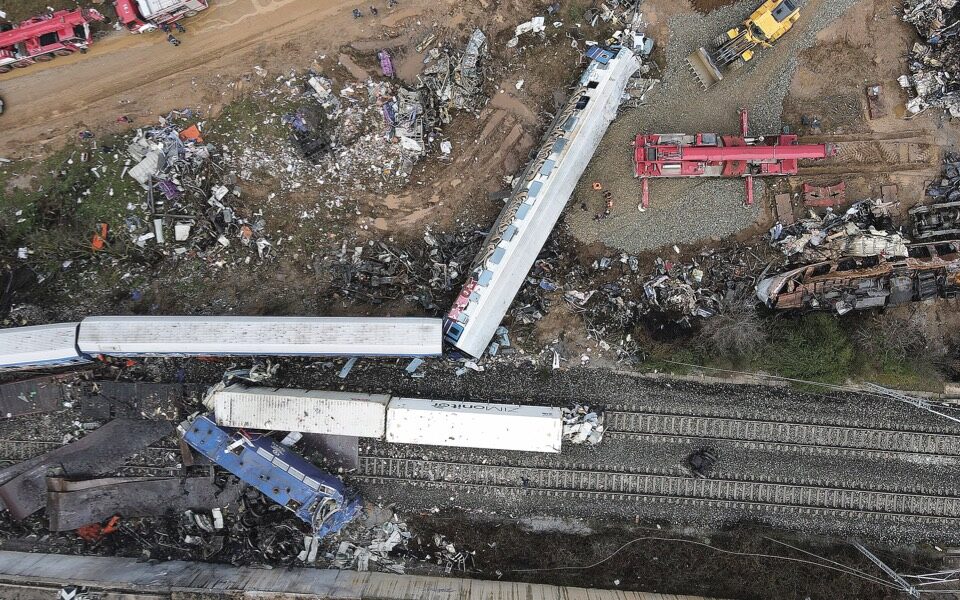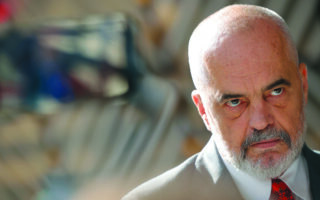Suspects in European probe into railway oversights to submit explanations

European prosecutors are expected to receive written testimonies on Wednesday from 26 non-political figures involved in the implementation of Contract 717 with Greek railway manager ERGOSE for signaling and telemanagement systems on the country’s rail network. The suspects are being called on to provide explanations with regards to five serious offenses: fraud, complicity to commit fraud, false certification, breach of trust and complicity to commit breach of trust.
European prosecutors completed their investigation in the early summer, producing a 106-page indictment with their findings. The document was shared with the 26 suspects in July. Primarily, these individuals are high-ranking officials at ERGOSE, employees of the TOMI-Alstom consortium, and Ministry of Transport officials. They were initially given a deadline until September 1, but were granted a new extension to September 20.
Regarding the former transport ministers who served from 2016 until recently, the case was forwarded to Parliament. Christos Spirtzis is accused of dereliction of duty, while his successor, Kostas Karamanlis, faces allegations of breach of faith with the European Union.
The European prosecutors’ investigation into the non-completion of Contract 717 (which is 85% funded with EU money) began in the summer of 2022 and gained significant attention last March following the deadly train crash in Tempe, central Greece, which claimed the lives of 57 people. The contract between ERGOSE and the TOMI-Alstom consortium was signed in September 2014, with a budget of 41 million euros and a two-year implementation deadline. However, as of the night of February 28, 2023, the automated central railway management system, which could have corrected the chain of human errors that led to the fatal collision, had not been put into operation.
The European chief prosecutor who conducted the investigation accuses the 26 suspects of not submitting approved project studies as required for the project’s execution, despite receiving payment from the competent administrative authority of the Transport Ministry.
Criminal responsibilities were also identified concerning the issue of extensions. The original contract stipulated that the project had to be completed by September 2016, 24 months after being signed. However, from June 2016 to January 2021, not one, but eight extensions were granted following requests from the consortium. Although the legislation provides for imposing penalties on the contractor if it is responsible for missed deadlines, this did not happen, because the ERGOSE board approved the consortium’s requests and even revised the project’s expenses upward.
Before the European prosecutors’ probe, an investigation into Contract 717 had also been carried out by the Athens Court of Appeals, but the case was archived in 2021. However, after an anonymous tip reached the European prosecutors’ offices in 2022, the case was retrieved from the archives. In the document requesting the resumption of the investigation, the European prosecutors warned of the risk of the project’s exclusion from EU-funded projects due to the years-long delays.





